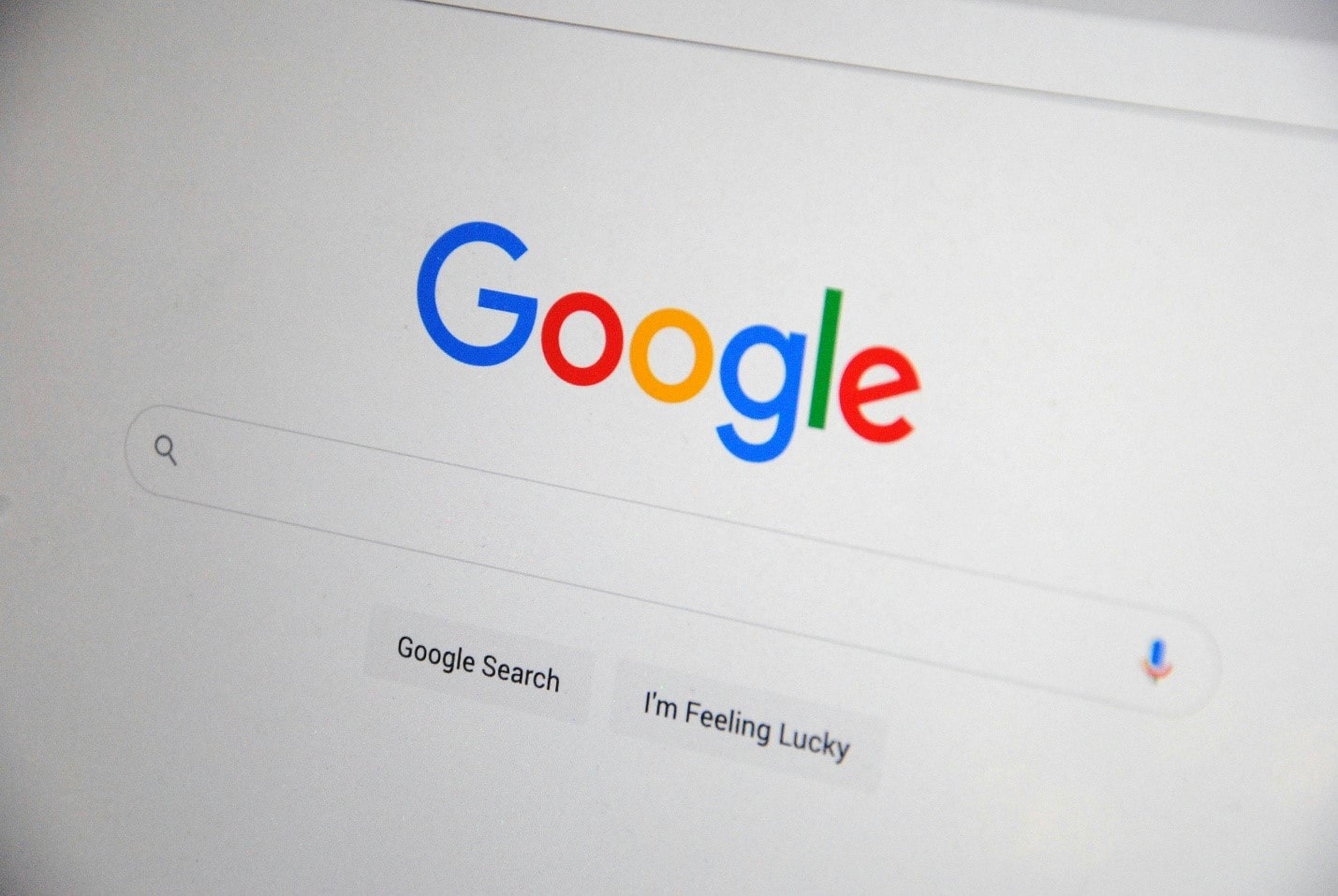Google updated its Gambling and Games policy, and sweepstake casinos are no longer considered social casinos. They are categorized as online gambling activities requiring separate licensing.

Google has tightened its rules around advertising for sweepstakes casinos, a category of gaming platforms that offer players virtual coins that can sometimes be exchanged for real-world prizes or cash. The company has removed these platforms from eligibility under its “social casino games” advertising certification, meaning they will now be treated much closer to real-money gambling operators than casual gaming apps.
This marks a significant shift from Google’s previous policy, which allowed sweepstakes casinos to operate under a lighter compliance framework because they claimed not to offer direct cash payouts. As scrutiny over their business models has increased, Google has now positioned them alongside regulated gambling platforms that require stricter oversight.
The move comes amid growing regulatory pressure in the U.S., where several states and consumer-protection groups have questioned how sweepstakes casinos market themselves. While these platforms often argue that players are purchasing “virtual coins” for entertainment, critics say many of them resemble online gambling but without the licensing, age verification, and responsible-gaming safeguards required of regulated betting operators.
By tightening advertising categories, Google reduces its own exposure to possible legal risk and public backlash. It also sends a clear message: if a platform offers any redeemable real-world value, it’s no longer simply a game.
For sweepstakes casino companies, the impact could be immediate:
Some operators relied heavily on Google's ad ecosystem to attract new users. Without the previous certification, acquiring customers becomes more expensive and operationally complex, especially for smaller brands that cannot absorb increased marketing overhead.
This shift may reshape the sweepstakes casino market in several ways:
Players may notice fewer sweepstakes casino ads in search results and app stores. That could reduce casual discovery, potentially pushing the industry to rely on heavier promotional incentives and referral systems to drive engagement.
However, the change could also mean greater transparency and clearer terms for users, as companies adapt their messaging to meet new ad requirements. And for consumers who were unaware that these platforms operate outside traditional gambling regulation, this shift may prompt closer evaluation of where they play and spend.
The line between social gaming and gambling has been increasingly blurred by virtual currencies, prize redemption, and “play-to-earn” models. Google’s new policy suggests that ambiguity is no longer acceptable at scale.
The message is clear: if a game walks and talks like gambling — even with digital tokens — it will be treated as such.
